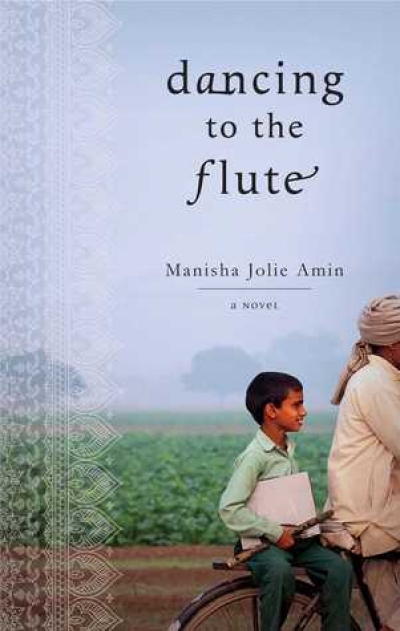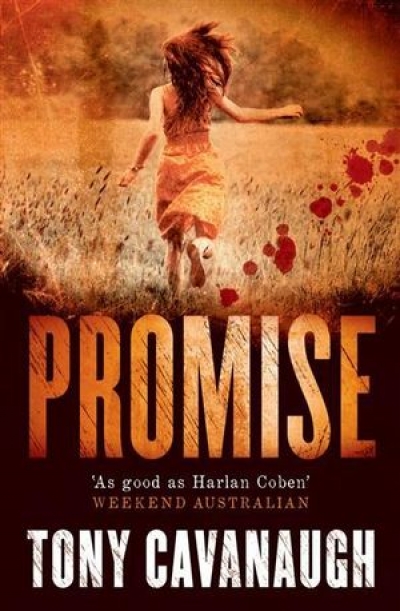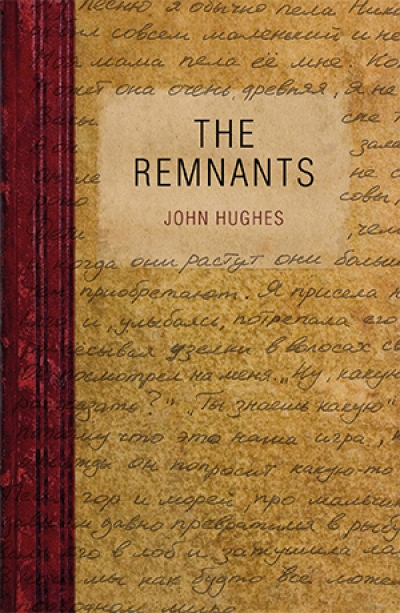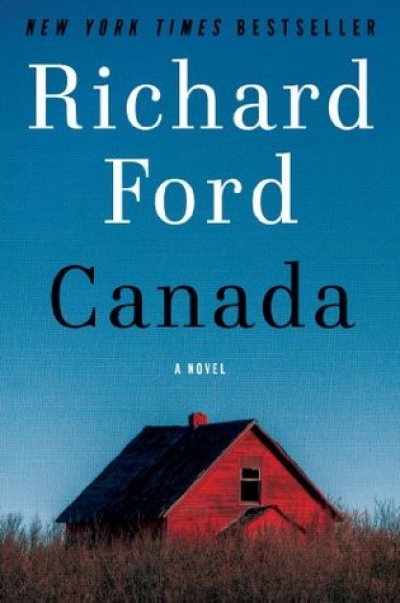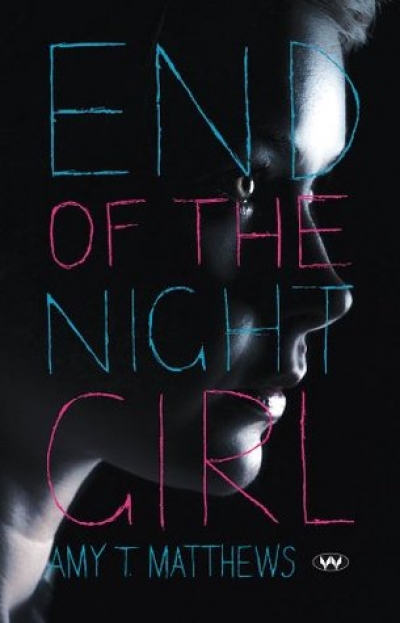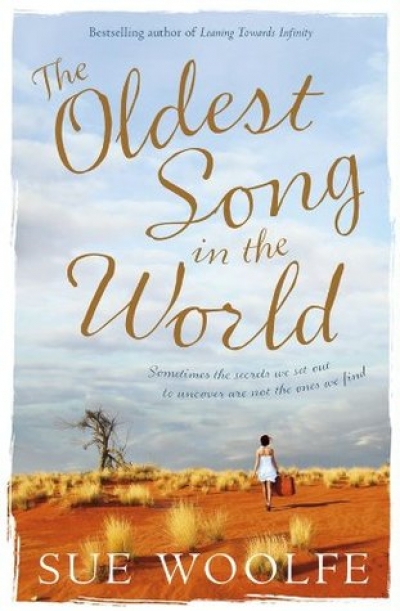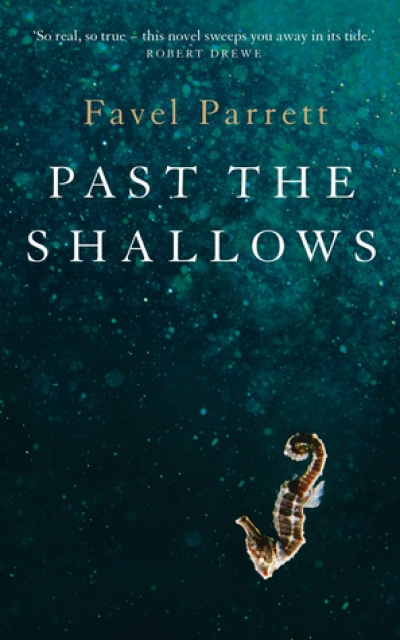Fiction
Hide Your Fires: 2012 UTS Writers’ Anthology edited by Lauren Anderson et al.
The making of a writer involves more than talent and ambition; perseverance and a thick skin are also prerequisites. The best that can be hoped for from a teaching institution is that potential writers are exposed to new ideas and encouraged to experiment with content and form. The results are seldom perfect, but at least they can prove interesting.
... (read more)f ourW twenty-two is an initiative of the Booranga Writers’ Centre in Wagga Wagga. This current edition features short stories and poems by (predominantly) Australian writers. Some of these writers are prominent names; others are relatively unknown.
... (read more)Do we choose our own destiny or does fate decide? This existential question is at the heart of Dancing to the Flute, a contemporary fable set amid the banyan trees and frangipani flowers of rural India.
... (read more)The cover of Kristin Henry’s verse novel All the Way Home shows a man at the wheel of a car, looking ahead at an endless dirt road. There is even a YouTube trailer for the book on the publisher’s website, with more driving. But in Henry’s book, as in all the best road movies, nobody ever seems to get anywhere.
... (read more)Promise is set on Queensland’s Sunshine Coast, although it might as well be Siberia so far as any claims to historical or social verisimilitude are concerned. Just about every stereotype ever devised in the name of crime fiction has been assembled here, resulting in a story so over the top as to stretch credulity beyond breaking point.
... (read more)The esteemed critic and lecturer Don Anderson once told me that Proust’s Remembrance of Things Past was a book you shouldn’t read until you were over forty. Still in my twenties at the time, hungry for erudition, I was annoyed and set out to read the book, only to put it down even more irritated some time later, thinking, If that boy calls out to his mother one more time, I’ll scream. Reading John Hughes’s début novel, The Remnants, I was reminded of Dr Anderson’s sage remark. There are books that can only be fully appreciated once the first real terror of one’s own mortality has been felt. This is one, and there is much to be savoured in this sharp-minded regeneration of literary tradition and its enquiries into memory, dying, translation, and translocation that I suspect would have sailed straight over my younger head.
... (read more)Richard Ford has earned a place among the most venerable practitioners of a durable brand of American realism. His fiction draws strength from its stolid traditionalism: its faith in the idea that formal conservatism, respectful attention to the lives of ordinary people, and a line-by-line dedication to the craft of writing are the surest paths to literary significance. His aesthetic, broadly speaking, is that of a writer who reveres Anton Chekhov and John Cheever, thinks everything James Joyce wrote after The Dead was a mistake, and believes with Ernest Hemingway that the only eloquence manly enough to deserve respect is a plain-spoken eloquence.
... (read more)End of the Night Girl, the first novel by Adelaide writer Amy T. Matthews, is a story about one of the most difficult tasks of writing and scholarship in the past sixty years: imagining the Shoah. In attempting this task, Matthews emulates writers such as W.G. Sebald, Thomas Keneally, Elfriede Jelinek, and Inga Clendinnen.
... (read more)How can Australians write fiction about Indigenous Australia? It is one of the most contentious literary questions today. There aren’t any rules, but writers – particularly white writers – are driven by a strange mix of passion and caution.
... (read more)The beauty and danger of the ocean and its unpredictable nature have long been fertile subjects for artists and writers, and the sea a popular and potent metaphor. In Favel Parrett’s trim, lyrical début novel Past the Shallows, shortlisted for the Miles Franklin Award,the sea is once again symbolic. In fact, nearly everything in this novel feels symbolic, sometimes distractingly so.
... (read more)



